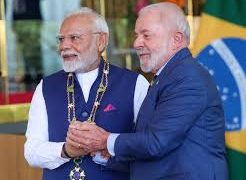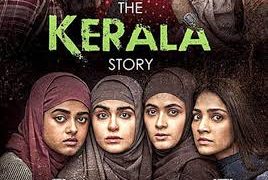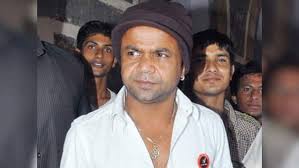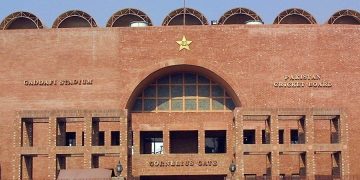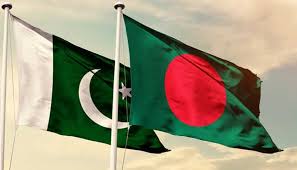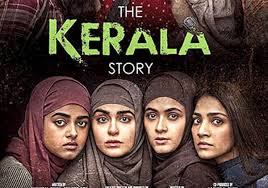WEB DESK
Days before its October 13 worldwide release, the owner of the IMGC cinema hall in Pakistan’s provincial town of Burewala was working round-the-clock to get his new theatre ready for the much-anticipated action-drama film, The Legend of Maula Jatt.
“History is being made by this film,” said Sheikh Amjad Rasheed, adding that he wanted to be a part of that history. The Legend of Maula Jatt, written and directed by Bilal Lashari, is Pakistan’s most expensive film ever, and its most ambitious.
It is also a remake of a hyper-masculine Punjabi film that changed the course of the industry 43 years ago, and the Pakistani film industry is hoping for its resurrection through this one. “There are films that do better than other films, and then there are films that make an entire industry do better. This is going to be the latter,” Ammara Hikmat, the film’s producer, told Al Jazeera.
“I think it will change the way investors look at Pakistani films, and I hope filmmakers stop playing it safe after this.”
The film reportedly cost an unprecedented $4.6m to make in a country where the biggest films’ budgets have been below $1.5m. It earned $2.3m worldwide in its opening weekend.
Punjabi Gandasa
The Legend of Maula Jatt is based on a 1979 film titled just “Maula Jatt”. The story revolves around family feuds, a tormented hero, a devastatingly handsome villain, revenge and honor.
Its titular character is a gandasa-wielding Punjabi farmer in a world where moustachioed men on horses used gandasas (axes) and rifles to terrorise others and defend their own. The original film was banned by Zia ul-Haq’s government for “violence and subversive culture”, but it returned to the screens a few years later and spawned a gleefully violent and hypersexualised Punjabi film genre known as “Gandasa culture”, which prospered for nearly 20 years.
“A lot of countries have exported a certain style of cinema to the world, be it Hollywood’s Western, Bollywood with their musicals, samurai or kung fu films … ‘Punjabi Gandasa’ is a quintessentially Pakistani genre and I have revisited and reinvented that, given my own spin on it,” Lashari told Al Jazeera.








